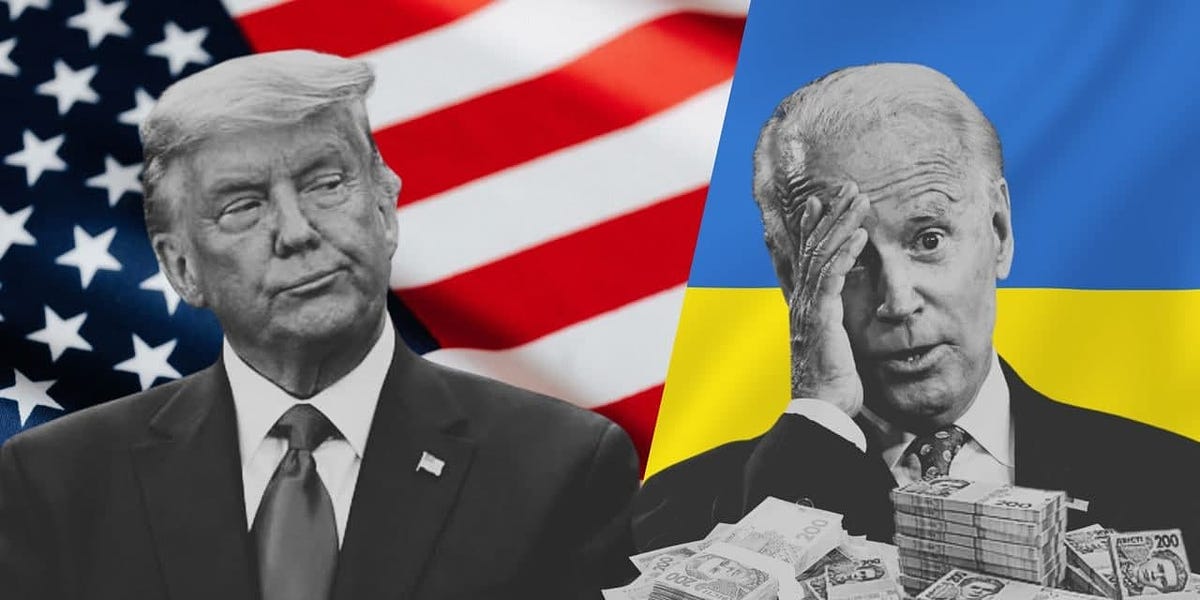Having grown up in the Soviet Union in the 1980s, I can safely say that most Russians view Ukraine as part of Russia. It is impossible to speak for a nation of 144 million people, especially long after leaving. However, the Russian view of geopolitics and history has, paradoxically, become more assertively nationalistic than it was during the Soviet era, when it tellingly embraced Joseph Stalin as a model leader.
With the dissolution of the Soviet Union, 14 republics were freed from the Kremlin’s grasp, only to discover that genuine independence would prove no simple matter. Russia “never accepted anything but
conditional independence of the former republics, predicated on an alliance with Moscow and belonging to Russia’s sphere of influence,”
Serhii Plokhii, a Harvard professor of Ukrainian history, recently wrote in the Financial Times. Belarus hewed closely to Russia, while the three Baltic states sought (and achieved) close ties to Western Europe.
At the same time, Putin was never shy about exerting Russian force if he saw the more economically and culturally consequential of the former Soviet states straying too far afield. He invaded
Georgia in 2008, then
Ukraine in 2014. The current crisis can be seen as a redoubled effort to remind the former republics that there are consequences for defying the Kremlin.
In the United States and Western Europe, Putin has been described as a warmongering bully who deserves a strong brushback from the West. “You’ve got to punch him in the nose,”
former Central Intelligence Agency officer John Sipher told Yahoo News last week.
The West is preparing to do just that, with sanctions and military support to Ukraine. But none of that will erase Russian grievances that have festered for decades — and are inarguably at work today. Understanding those grievances is crucial to engaging in
what some are describing as a new Cold War.
@UglyBear

The real lesson of course was to keep your trap shut.



